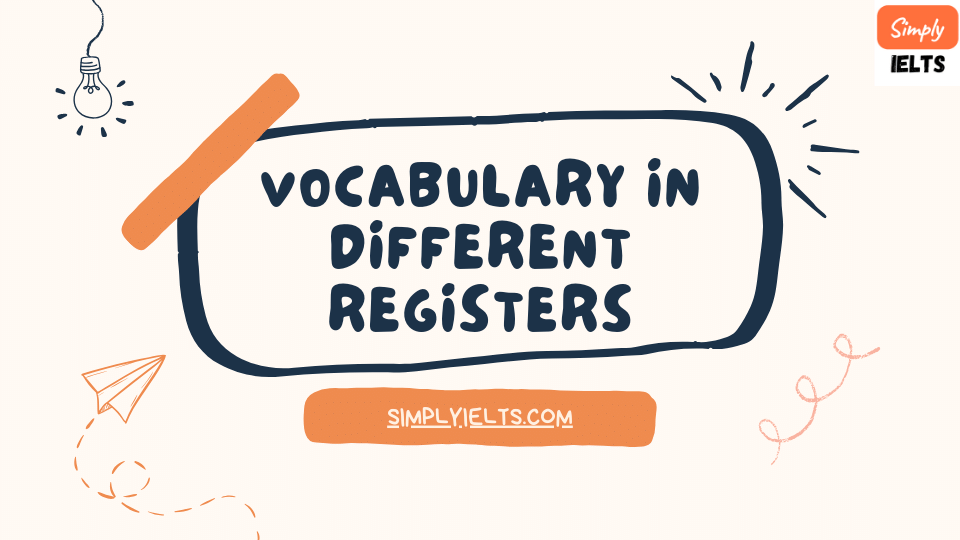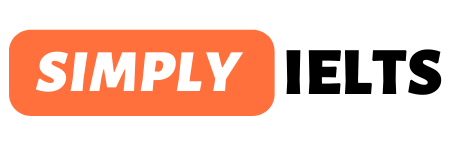
Chameleon Communication: Mastering Vocabulary in Different Registers
Language is a chameleon, adapting its colors to blend into different situations. This week, we’re exploring the concept of vocabulary in different registers, equipping you to communicate effectively across various contexts, from casual conversations to formal presentations.
Imagine Your Audience: Tailoring Vocabulary for Impact
Think of your vocabulary as a wardrobe. You wouldn’t wear pajamas to a job interview, would you? Similarly, the words you choose depend on the situation and your audience.
- Formal Register: This register demands a high level of formality and uses sophisticated vocabulary. It’s ideal for academic writing, professional presentations, or business emails.
- Example: The incorporation (formal for “company”) has implemented a new strategic initiative (formal for “plan”) to increase revenue.
- Informal Register: This register is relaxed and conversational, using everyday vocabulary and slang. It’s suitable for chats with friends, text messages, or social media posts.
- Example: Hey! That movie was awesome (informal for “great”)! We should totally hang out (informal for “spend time together”) again soon.
- Consultative Register: This register falls somewhere between formal and informal. It’s used for professional communication where clarity and mutual understanding are key. Imagine explaining a complex topic to a client – you wouldn’t use overly technical jargon but maintain a professional tone.
- Example: The deadline (neutral for “time limit”) for your application is next Friday. Please let me know if you have any questions (neutral)
Beyond the Basics: Recognizing Genre-Specific Vocabulary
Different genres, like sports reporting or literary fiction, also have their own vocabulary sets. Understanding these nuances allows you to interpret the text effectively.
- Sports Register: This register uses terms specific to a particular sport.
- Example: The quarterback threw a touchdown (sports term for scoring a point) in the final seconds of the game.
- Literary Register: This register might use descriptive language, figurative speech, and even archaic vocabulary to create a specific atmosphere.
- The ethereal (otherworldly) beauty of the landscape left them speechless.
Chameleon Communication in Action: Adapting Your Vocabulary
Let’s see how adapting vocabulary to the register can enhance your communication:
- Informal conversation: “This test is hard!”
- Consultative register (explaining to a teacher): “I’m finding the concepts in this exam quite challenging.”
The Register Recognition Challenge: Become a Communication Chameleon!
Ready to test your register recognition skills? Take a short text and identify the register used. Can you rewrite it, adapting the vocabulary to suit a different register (e.g., formal to informal)?
Remember, mastering vocabulary in different registers equips you to be a communication chameleon, seamlessly adapting your language to any situation. This versatility allows you to connect with your audience on a deeper level and achieve your communication goals. Stay tuned for next chapter in our English course!





Responses